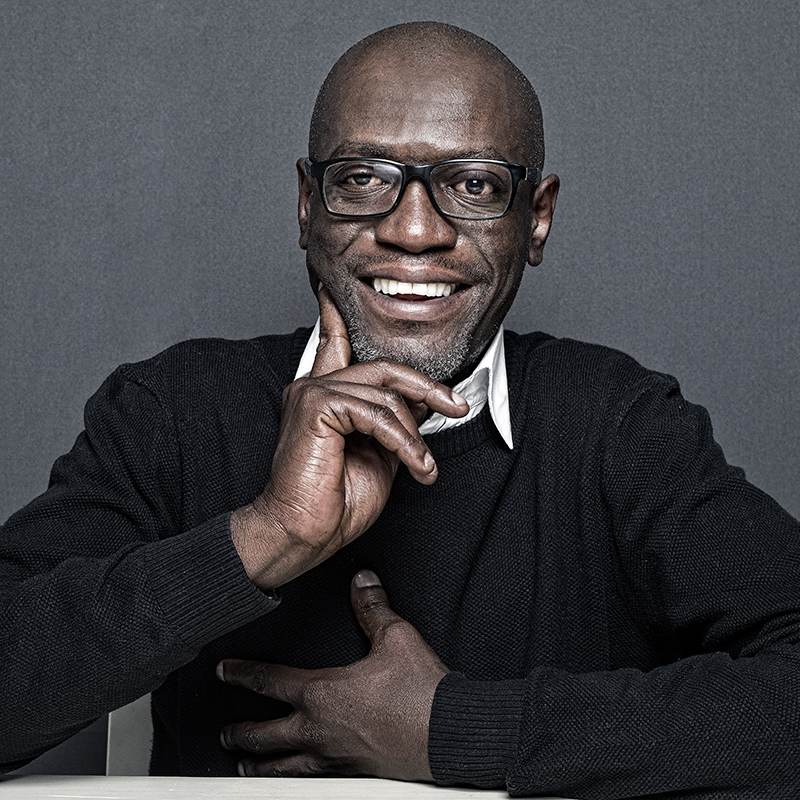Brazilian EBANX sets target on African fintech opportunities
Brazilian-born fintech EBANX is bullish about the growth of Africa’s digital economy, and is aiming for a significant piece of the opportunity.
With Boston Consulting Group (BCG) forecasting a 32% compound annual growth rate in fintech revenue through 2030, the analyst organisation marks Africa as the fastest developing continent in this area.
BCG notes that Egypt, Kenya, Nigeria, and South Africa are important markets driving Africa's fintech growth, and EBANX is now competing for a piece of the action.
In September last year, EBANX launched in the African market when it established operations in South Africa, Nigeria, and Kenya. It recently built on this as it expanded into the Ivory Coast, Egypt, Ghana, Morocco, Senegal, Tanzania, Uganda, and Zambia.
Founded in Brazil in 2012, EBANX enables global businesses to accept alternative payment methods, including mobile money, digital wallets, cash vouchers, and bank transfers.
It now operates in 29 countries across Latin America, Africa, and Asia.
In an interview with ITWeb Africa, Wiza Jalakasi, director, Africa market development, EBANX discusses why he believes the company's value proposition is appropriate for Africa.
"Africa's fragmented payments landscape deters many fintech global players from entering the market," he says. “It would be prohibitively expensive and logistically difficult for them to incorporate every single local payment option in every African market.”
However, he claims that EBANX, as a payments partner, has an appealing value proposition for merchants: with a single API interface, global merchants have access to 17 Latin American regions as well as India.
"We are highly optimistic about the continent's digital economy's rise. The figures don't lie; it's exploding. While Africa's digital economy is starting from a low base – only 12% of Africans made an online purchase in 2021, according to our forecasts based on Insider Intelligence data – it is rising rapidly,” he says.
"The digital economy is buoyed by long-term favourable trends," he adds. “With a median age of 19, Africa is the world's youngest continent. Young Africans are digitally literate and use mobile phones to access the Internet.
"Both Internet and smartphone penetration are increasing at the same time. According to a 2022 GSMA report, the total number of mobile Internet subscribers is predicted to reach 610 million (50% of Africa's population) by 2025, with smartphones accounting for 61% of all connections.
" By 2030, an additional 130 million people are expected to join the consumer class. Africa's consumer industry is predicted to increase by more than $600 billion by 2030, bringing the overall market to $2.2 trillion."
Jalakasi says, according to McKinsey, by 2025, at least 70% of all online transactions in Africa would be conducted via alternative payment methods (APMs), such as wallets, mobile money, and rapid payments.
“Whether you're a B2B payments company, like EBANX, or a consumer-facing company, you'll need to embrace APMs to capture Africa's increasing consumer class,” he says.
Jalakasi tells ITWeb Africa, EBANX hopes to play a role in financial inclusion on the continent.
He explains: “We see ourselves as fostering digital inclusion which, in turn, enables financial inclusion.
“For example, in Brazil, many people received financial assistance from the government during the pandemic through an account opened by a state-owned bank. According to estimates, at least one third of beneficiaries had never owned a bank account before. In Colombia, financial aid was paid through digital wallets. These two examples show a huge step forward for scaling digital inclusion in the countries and boosting financial inclusion at the same time.
“Across Africa, we foresee the same trend. We can have an impact on financial inclusion because we’d be working directly to foster digital inclusion and pushing local payment methods at a global scale.”
